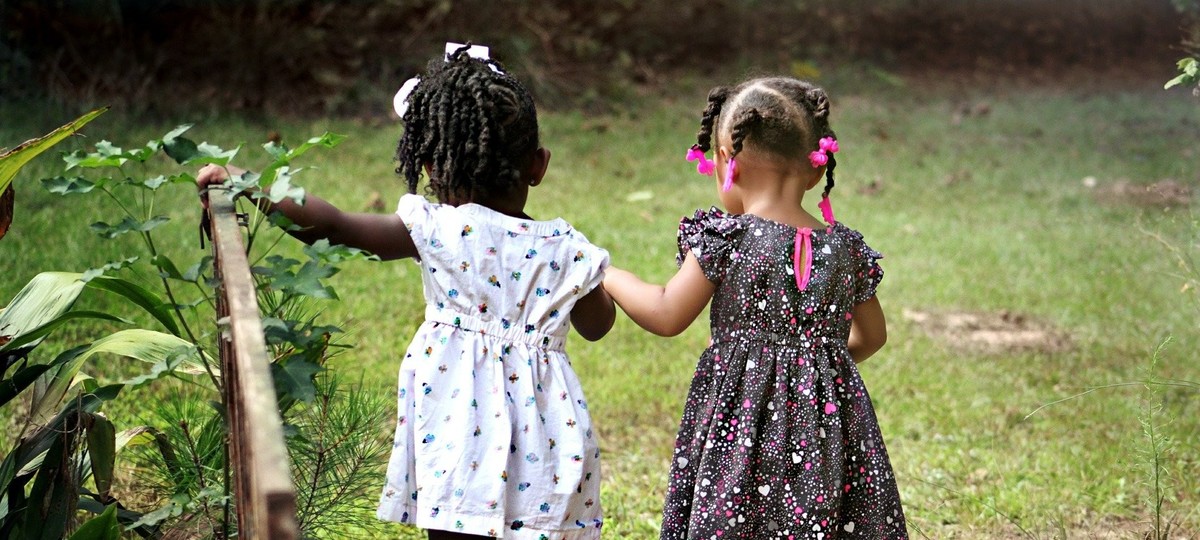
Those are the mysteries examined in a documentary debuting Nov. 11. "Chasing Childhood" follows one family where the parents pressured their daughter to succeed in school and college. It's a cautionary tale. But the film also focuses on Let Grow, the nonprofit promoting childhood independence that I run. One of our (free!) school initiatives is the "Let Grow Project," a homework assignment that boils down to: "Go home, and do something new — on your own, without your parents." A middle school boy who pushes for the chance to take the train to visit his dad provides the film's emotional peak.
I'm interviewed in the movie, but now that it's done, I got to turn the tables and interview its co-director/producer, Margaret Loeb:
Skenazy: What would you say your film is about?
Loeb: It's about the unintended consequences of overprotecting, overpressuring, overscheduling kids, and the loss of free play and autonomy and how that is impacting their childhood, as well as how they become functioning adults.
Skenazy: What prompted you to make it?
Loeb: (Co-director Eden Wurmfeld and I) were somehow raising our own kids with less autonomy than we had had growing up in New York City in the '70s and '80s —
Skenazy: When the crime rate was insane —
Loeb: — and we wondered why our parents felt so relaxed. By age 10, I was taking two public buses to school, but I didn't feel comfortable letting my own kids do that.
Skenazy: So many parents tell me something similar: They loved their freedom but are terrified to let their kids do anything.
Loeb: But in addition, I was also starting to be judged for the things I did let my kids do, like use the stove. My son was cooking by age 7, and people thought that was crazy.
Skenazy: What else did people consider too much for kids to handle?
Loeb: Making anything in the kitchen. Cutting an apple. Making a peanut butter and jelly sandwich; first of all, G od forbid, peanut butter. But parents had become so trained to say, "I can do it for you."
Skenazy: I know. And it's not even their fault. We have a whole culture warning us that our kids are fragile and urging us to step in and help, help, help. What's the result?
Loeb: An anxiety epidemic, a depression epidemic.
Skenazy: Is this just an upper-crust New York City thing?
Loeb: What we learned is that this was everywhere. Parents feel a tremendous obligation to make life easier for their kids.
Skenazy: Why did you contact Let Grow?
Loeb: We were interested in the fact that you are working with real kids in real places and not just writing about it from an observation and research perspective. And you are interested in change, and we are interested in change.
Skenazy: We are — and your movie helps! I think seeing how much kids can blossom with a little trust and freedom will change a lot of people. Looking back on the whole endeavor, what surprised you most?
Loeb: The universal thing we found is something that you touch on in all your work, which is that when people look back on what they loved most about their childhood, it was always something that was incredibly unstructured, and adults were generally not around. They rarely talk about Christmas dinner or Thanksgiving. They talk about a time when something could have gone wrong, or maybe it did, and they got out of it and that feeling of fear and overcoming. That felt very universal.


 Contact The Editor
Contact The Editor
 Articles By This Author
Articles By This Author